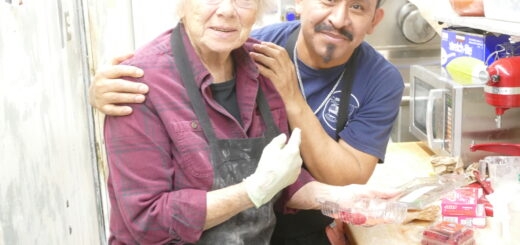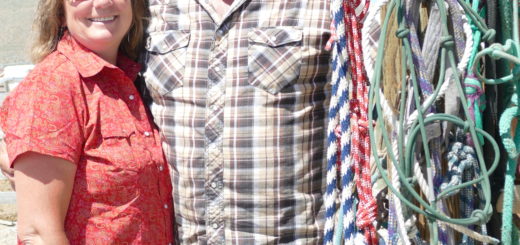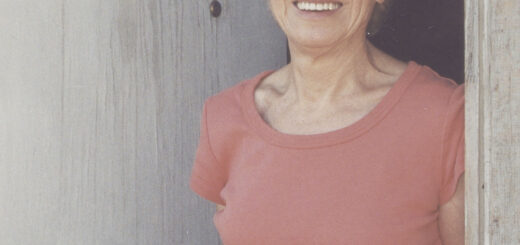The COVID-19 crisis is our Apollo 13 moment
This is our Apollo 13 moment. The coronavirus is upending life as we know it in North Central Washington and across the country. We must take every precaution possible to limit the spread of this deadly virus so that we can save as many lives as possible among our neighbors — particularly the elderly, those with serious health conditions and others who are vulnerable.
This creates an opportunity for us to find creative ways as individual communities to rally our resources and support each other —individuals and businesses. We all have a role to play here.
This is not the time to panic but it is time for each one of us to take seriously the risks of getting and spreading this disease. As we are seeing in other parts of the world, the greatest risk is overwhelming our limited health care facilities. In Italy, for example, the system is overwhelmed that doctors are having to make choices about whom to treat and whom to let die. I wouldn’t wish that decision on anyone.
Barry Kling, the administrator at the Chelan-Douglas Health District, made that point abundantly clear at a conference scheduled by the Wenatchee Valley Chamber of Commerce on Friday morning.
Even though there has not yet been one confirmed case in Chelan and Douglas counties, Kling said the virus is almost certainly in the Wenatchee area now and spreading. The health district has been methodically ramping up the warnings in recent days and weeks to help us wrap our heads around the virus and its consequences.
What makes it particularly dangerous is that many people with it have mild symptoms and don’t even know it and are continuing to engage with people as if nothing were wrong. Indeed, most people will not be severely affected when and if they contract COVID-19. But in the elderly and vulnerable, the expected death rate appears to be 10 times that of the flu.
“The name of the game is to minimize that exposure,” said Kling. That’s why public events have been canceled and we are being counseled to practice social distancing as well taking strong personal hygiene efforts like washing our hands. To the best of our ability and within reason, we should remain at least six feet from others, avoid shaking hands and other close contact. The life we save may be someone we love.
In some ways, I think of the coronavirus as the 2014 and 2015 wildfires on steroids. It is impacting every aspect of our communities, with churches canceling services, workers being asked to do their jobs remotely when possible, theaters shuttering, etc. Local businesses are being seriously impacted as community members are increasingly staying at home.
This could last a while — weeks, perhaps longer, Kling said. And there could be subsequent waves. Businesses will do their best to help their employees, but layoffs could happen as we try to weather the storm. That will make it impossible for some to meet mortgages and rent payments.
We can all help in weathering this storm. Banks and landlords should show great flexibility with those who owe them money. Each community needs a clearinghouse to support people who are struggling with food and shelter while they are self-isolating to cut down on the spread of the virus.
Some restaurants are already making changes. Shakti’s, for example is offering takeout service, I noticed. We can buy gift certificates at local businesses to get them cash now and help them weather the storm.
We must find ways to check in on vulnerable adults and support families in the challenges ahead of us. This is a time for courage and compassion, while being prudent with our risks.
I have a feeling this will be our finest hour as communities.
I recall the moment in the Apollo 13 movie, when Gene Kranz tells doubting colleagues, “I believe this will be our finest hour.” That’s what this extraordinary moment calls for us to emulate.



